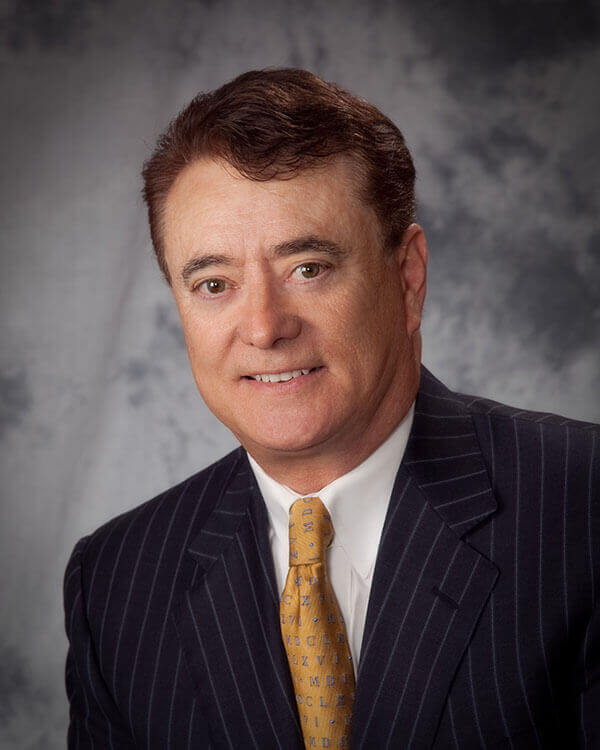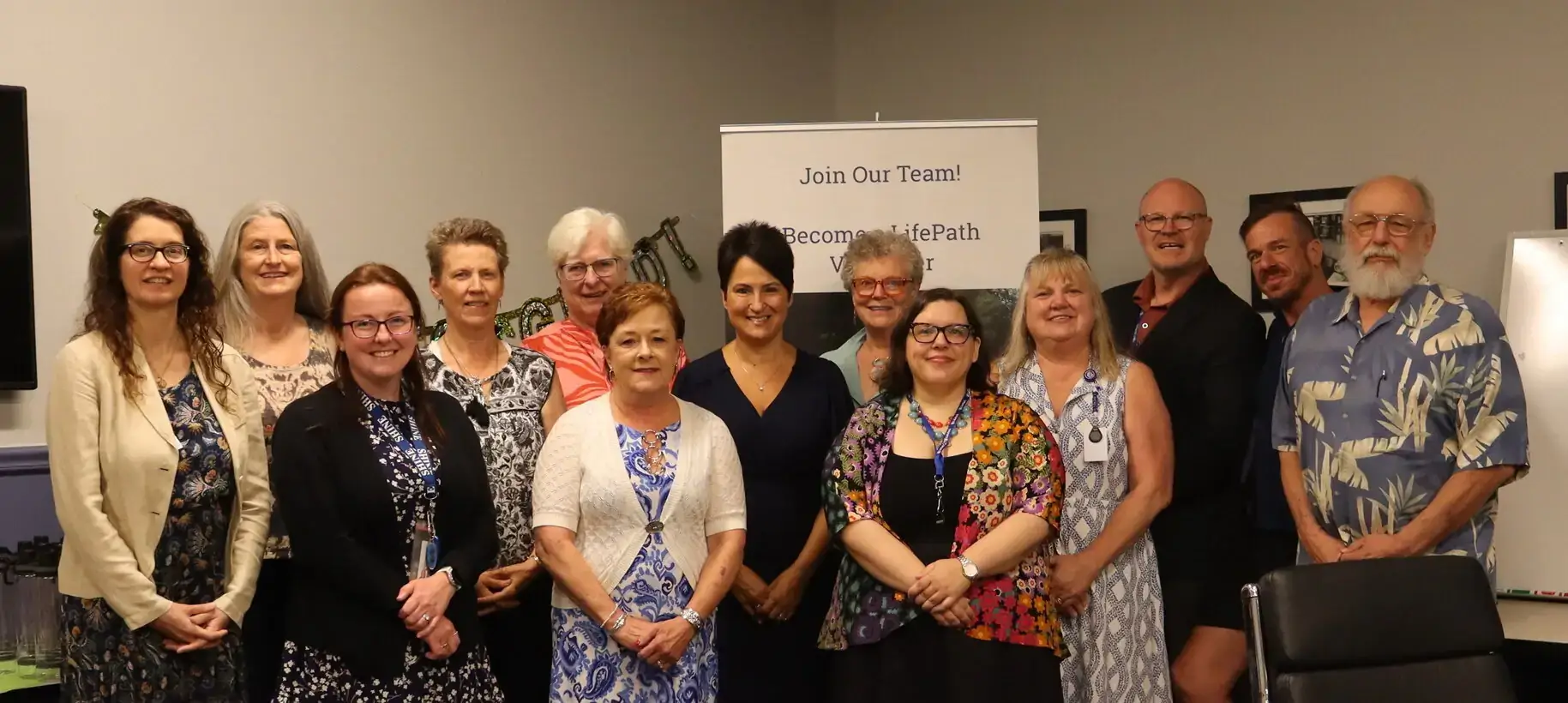It may be an impossibility to caution and teach Grandma and Grandpa to learn when and how to say, “No,” to those recurring requests for financial assistance from children and grandchildren; but to paraphrase one of my favorite quotes: “The delicious futility of the impossible tasks IS the catnip of the overachiever.”
The generational clock has slowly but predictably ground past yet another year, and its clicking revolutions can further reveal our children/grandchildren evolving into strong independent adults – or sometimes into something else.
In this “season of giving,” my assignment in this article, and all too often in my practice, is to caution retired parents on the financial prudence and wisdom of acting as their children’s “Bank of FIRST Resort.”
I am not here to play Scrooge. I tell my clients the greatest GIFT retired parents can give to their children is to remain physically and financially independent and not become a burden to their children.
We’re NOT talking about birthday cards with cash inside or graduation checks here. How should parents respond appropriately to requests by their children for loans, cash, and/or acting as co-signers for educational and other loans of grandchildren?
Several cases recently have focused attention on many negative effects of the recent great recession on families of all ages.
Divorce, medical emergencies, loss of employment for a child or their spouse, or maybe children’s homes now ‘under water’ and facing foreclosure can often be viewed through the eyes of retired parents when children ask for, and expect, “loans” to help them out.
When parents are repeatedly approached for yet another loan from the same child over and over again, at what point does it evolve into “elder financial abuse?”
Are prior “loans” ever paid back? Does one child suffer a severe allergy – to work? Or maybe the child has a serious drug/gambling addiction?
What seeds of future family feuds are planted when one child is severely dependent and draining needed retirement assets of his/her parents while other children watch helplessly from the sidelines?
After 30 years in practice I’ve learned that no two clients are exactly alike, nor are their family situations, BUT certain similarities are identifiable.
How to respond to requests for help:
Ask the child, is this a GIFT you are asking for or is this a LOAN? If it’s a GIFT, you need to ask your elder law attorney how you can adjust that child’s future share of inheritance IF there is one. You need to tell the child you intend to seek legal advice and that you wish to be fair to ALL of your children.
If it’s a LOAN, ask the child what terms they think are fair and equitable to them and parents. Listen closely to the response. I will always remember my 92-year-old father’s advice to me many years ago: “Lend money to a friend, and you’ll most likely collect it from an enemy.” Well maybe not an enemy, but your daughter/son-in-law will look a little different to you then, I’m sure.
Tell your kids you’ll need to check with your financial advisor as to where and how you could raise the money. There may be penalties, income taxes on IRA money, and/or capital gains taxes, loss of interest or dividends. Don’t let them think you have millions lying around in the checkbook; you don’t, do you? For the overly aggressive child or in-law, refer them to the advisor. The financial advisor can discuss collateral for loans and repayment schemes, etc.
What parent cannot view the slow glacier of adulthood as it encroaches ever so slowly over their children’s youth, as it did their own, and not wonder the outcome? When it does freeze and captures a final clear picture of a mature and fully developed LIFE, then the parents should realize their best contributions to their children were best made far upstream from the final destination.
Mr. Pelletier is the former administrator of a 200-bed nursing home while he attended Western New England School of Law. His financial service practice specializes in Asset Preservation. He is the co-author of “Advising Elder Clients in Crisis,” published by Massachusetts Continuing Legal Education Foundation in 2001, and has lectured at University of Massachusetts, Elms College, Western New England University on law, retirement planning, and economics over the last 25 years. His website is www.helptoretire.com.
The views expressed in this column represent general information. To address your particular and specific needs, consult your financial services professional.





